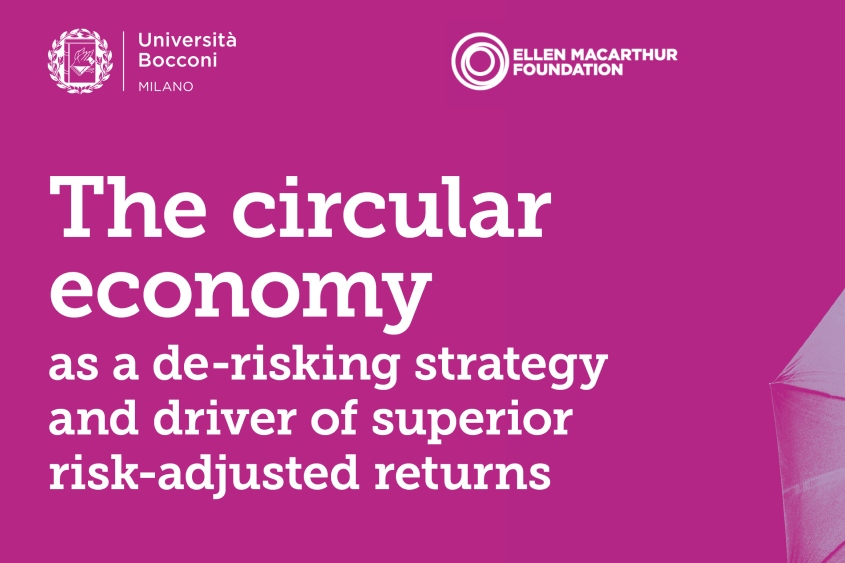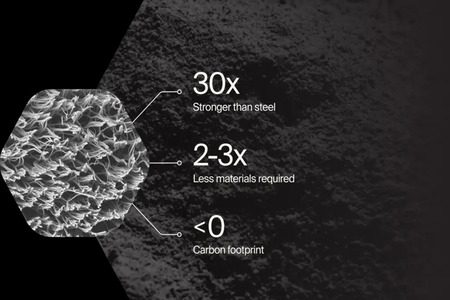
Study shows that circular economy leads to higher risk-adjusted returns
YarnsandFibers News Bureau 2021-07-28 10:26:28 – NoneThe Ellen MacArthur Foundation, based in the United Kingdom, recently released a white paper in collaboration with Bocconi University in Milan and the Italian international banking group Intesa Sanpaolo that highlights new evidence demonstrating how circular economy strategies can help investors and financial institutions de-risk investments and generate superior risk-adjusted returns.
According to the university's research of over 200 European publicly traded firms across 14 industries, the higher a company's circularity, the lower its chance of debt default and the better the risk-adjusted returns on its shares.
According to the foundation, the paper demonstrates how circular economy methods can lower investment risk by decoupling economic development from resource consumption, diversifying company models, and allowing firms to better anticipate tighter regulation and changing customer preferences.
According to the study, using circular economy concepts minimizes susceptibility to supply chain interruptions and resource price volatility. The financial sector is increasingly seeing the circular economy as a value creation potential that helps to meet climate and other global issues.
With dedicated finance activities on the rise, the financial sector is rapidly grasping the circular economy opportunity. The production of debt and equity instruments connected to the circular economy has increased dramatically in the last two years, including public equity funds, corporate and sovereign bonds, private equity, venture capital, and private debt, as well as bank lending, project finance, and insurance.
Intesa Sanpaolo has included a circular economy into its business strategy since 2018, recognizing it as a creative and strategic challenge. In this paper, Intesa Sanpaolo presents a case study on how financial institutions may take advantage of the circular economy potential, with help from the Intesa Sanpaolo Innovation Centre.
Intesa Sanpaolo has integrated circular economy approaches into its strategic plan, adopted proactive circular economy credit policies and lending strategies, including the launch of a dedicated €6 billion credit Plafond, and is actively engaging with international institutions, businesses, and academia to support this de-risking effect and better risk-adjusted-performance, to support the development of the circular economy market.
It's also looking at how the circular economy concept can be included in its credit risk assessment procedure.
Market Intelligence
Ask for free sample Report

experience
Customer Base
dedicated team
Countries Served Worldwide









